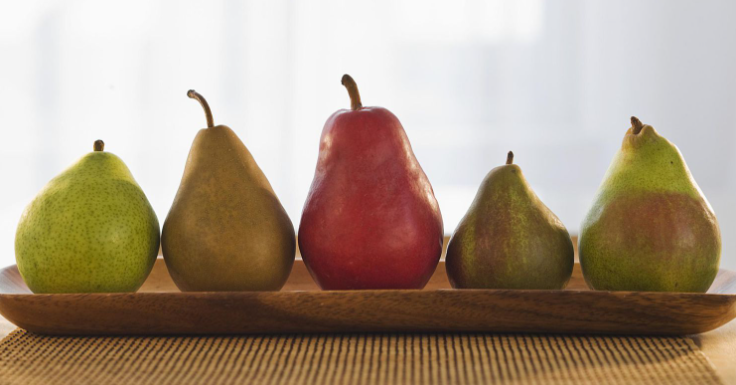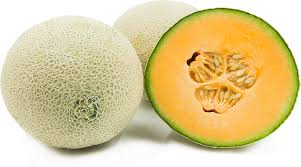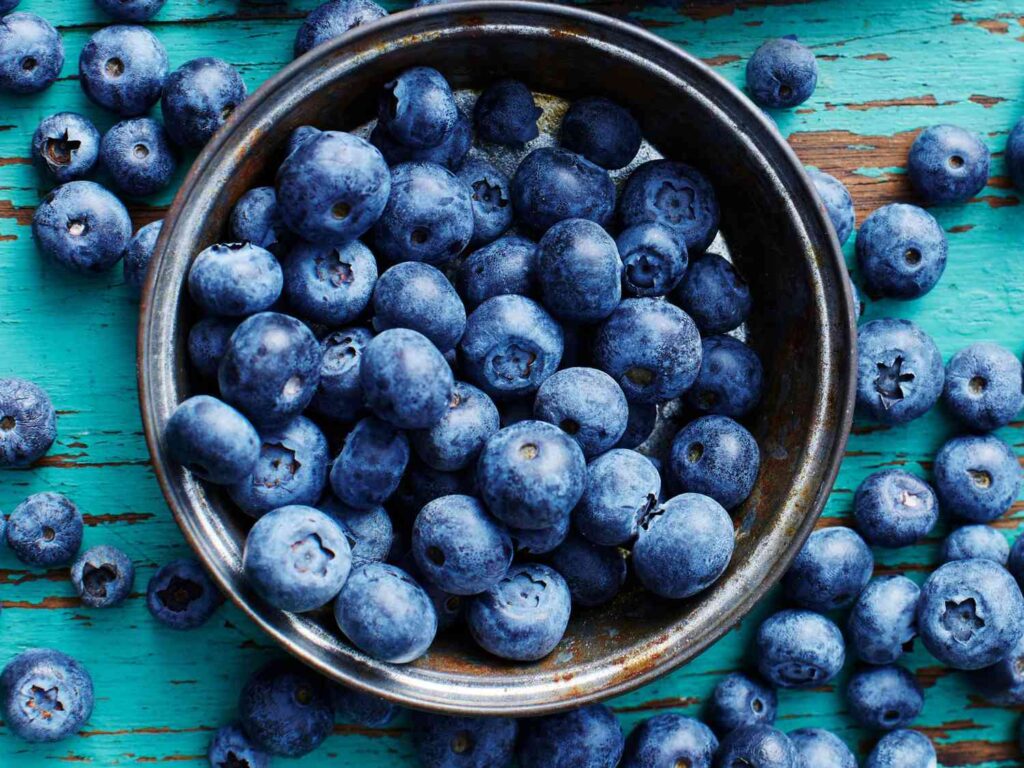Cherries are a sweet fruit popular in the summer that make desserts and drinks taste better. If you have tasted a cherry and noticed its sourness, you might wonder if cheries are acidic or alkaline. Knowing the pH level of what we eat helps us understand their effects on our health.
Table of Contents
- Explaining the pH Scale
- The Acidity of Cherries
- Acidity Levels in Various Types of Cherries
- Why Are Cherries Acidic?
- Health Benefits and Downsides of Cherry Acidity
- Positive Health Impacts of Cherry Acidity
- Cherries and Digestion
- How Cherry Acidity Enhances Flavors
- Making Cherries Less Acidic
- Using the Sourness of Cherries
- Conclusion: Cherries, A Sour Delight
Explaining the pH Scale
The term pH is short for “potential hydrogen” and tells us if something is acidic or alkaline. The pH scale goes from 0 to 14. If something has a pH of 0, it is very acidic, whereas a pH of 14 means it’s very alkaline. Neutral is in the middle at 7. Usually, fruits and vegetables are acidic, with a pH between 2 and 4. On the higher end, alkaline food has a pH above 8.
The Acidity of Cherries
Cherries typically have a pH between 3.2 and 4.5, so they are acidic. The acidity may change a little based on the type of cherry and how ripe it is. Mainly, cherries are tart thanks to malic and citric acid, which also make them acidic.
Acidity Levels in Various Types of Cherries
Different types of cherries have different levels of acidity. Tart cherries, often used for pies, are usually the most acidic, with a pH of about 3.0 to 3.2. Sweet cherries that you eat as snacks, like Bing cherries, have a pH from 3.2 to 4.5, making them slightly less acidic. Sour cherries have a pH close to tart cherries, between 3.0 and 3.4. Even though sweet cherries might not taste as sour, they are still acidic.
Why Are Cherries Acidic?
It’s the organic acids in cherries, like malic and citric acid, that make them have a low pH. These soft acids give cherries their sour taste. Cherries also have minerals like potassium, magnesium, and calcium, but these aren’t enough to make the cherries less acidic. The acids in cherries are natural and not added.
Health Benefits and Downsides of Cherry Acidity
Cherries might be sour, but they are also good for your health. They have antioxidants that help fight swelling and protect cells from damage. Cherries have substances called anthocyanins that reduce inflammation. Tart cherries also have compounds that are good for your muscles, especially after exercising.
But if you have sensitive teeth or reflux problems like GERD, cherries’ acidity might be a problem. Also, the acids might react with some medicines. If you have trouble with your digestion, eating many acidic fruits might make you uncomfortable. However, most people who are healthy can eat cherries in small amounts.
Positive Health Impacts of Cherry Acidity
Cherries’ acids are good for us in different ways. Malic acid can lessen joint pain. Tartaric acid can increase our body’s protection against diseases. Ascorbic acid, which is vitamin C, helps our immune systems. The body absorbs vitamins and minerals better when cherries’ acids are present. They help the body take in vitamin C, potassium, and the pigments that color cherries red. Cherries’ acids also help with iron absorption, which makes them good for digestion.
Cherries and Digestion
Because they are highly acidic, cherries are easy to digest. Their acid encourages the body to produce digestive juices, which helps break down food. This means cherries usually don’t cause upset stomachs or bloating.
In fact, the acid in cherries might actually help digestion. Sour cherries can work like antacids to relieve heartburn by making stomach acid less strong. There are also substances in cherries that may calm the stomach.
How Cherry Acidity Enhances Flavors
When you eat or drink things with cherries, their acid level really affects the taste. This acid brings out the fruity and flower-like flavors. Tart cherries go well with dark chocolate, some strong cheeses, or meats like duck. Sweet cherries taste nice with almonds, vanilla, or coconut.
Cherries are also great for making things like wine, beer, cider, vinegar, and kombucha because of this acidity, which gives these drinks a tangy taste. When cherries ferment, they can even have more antioxidants.
The acid in cherries also means they can be mixed with dairy without causing it to curdle, so you can make tasty things like cherry cheesecakes or yogurt smoothies. But, proteins can soften the acid taste, so be careful when putting cherries with eggs or milk.
Cherries are versatile in cooking, shining in sauces, jams, and baked treats. Cooking can reduce their sourness, so you might need to adjust sugar and spices. To keep their strong acid taste, don’t cook them too much.
Making Cherries Less Acidic
Even though cherries by themselves are not very alkaline, you can do things to reduce their natural acidity. Sprinkling a bit of baking soda on cherries can make them less sour. Mixing cherries with milk or citrus fruits can also help balance their pH. Cherry juice sometimes has extra acid for taste, but you can weaken it by adding water or some milk. Eating cherries with foods rich in protein, like nuts or cheese, can help keep a good balance between acid and alkaline in your diet.
Using the Sourness of Cherries
Now you know about the pH level of cherries, you can be creative with their sourness:
- Pick tart cherries when you want a strong sour taste or are making fermented foods. For a gentler, fruity flavor, go with sweet cherries.
- Combine cherries with foods that either match or lessen their sourness, such as dark chocolate or dairy items.
- Before cooking meat or fish, sprinkle on some tart cherry juice for a zesty glaze.
- Make tangy dressings and marinades with sour cherry puree.
- When you bake, gently mix in sweet cherries to keep their texture and tart taste.
- Try making your own cherry vinegar for a special sour taste in your cooking.
Conclusion: Cherries, A Sour Delight
Cherries have a lot of color and flavor, which makes them a treat in the summer. Because of their natural acids, all types of cherries are acidic. Despite their tartness, eating cherries is good for you because they have lots of antioxidants and can be part of a healthy diet if you don’t eat too many.
You can enjoy the taste of cherries better if you eat them with other foods that make them less acidic. So, savor those juicy tart cherries, and mix them with other flavors to make the most of their sour kick.









